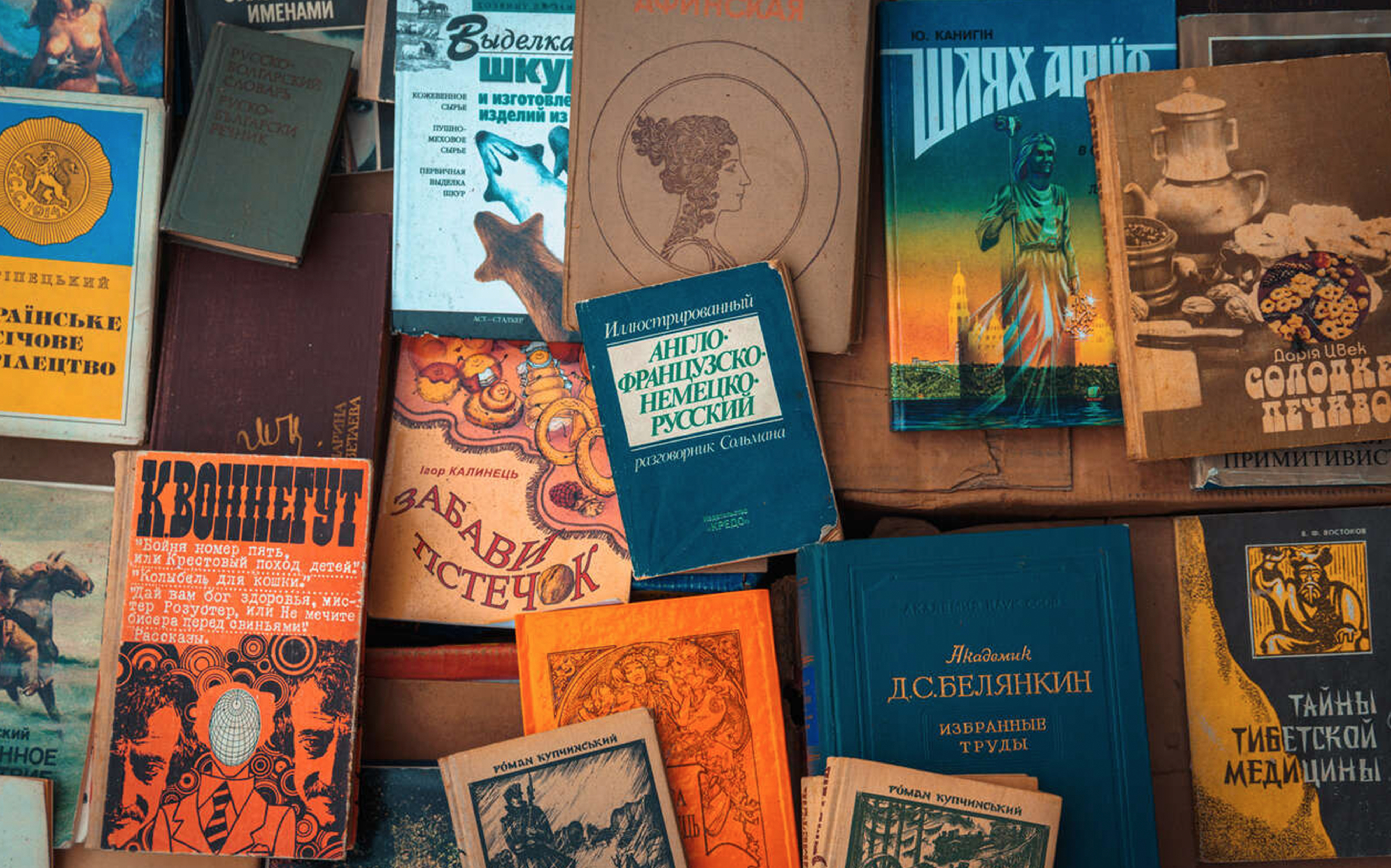Ukrainian publishers released a total of 38.1 million copies of 16,857 titles in 2018, according to the country’s Book Chamber.
Though 2018 was a record year, the Ukrainian book industry still hasn’t reached the circulation for books in all languages in 2013. It’s 20 million short of 2013’s 59.6 million.
The Ukrainian book industry also has extra problems: publishers lack investment, decline in bookstores, and most readers still prefer Russian books.
“There is stable stagnation, no breakthroughs. Ukraine remains dependent on Russian publishing, because it still does not produce quality literature for specialists — mostly books by Western authors translated into Russian,” said Oleksandr Afonin, president of the Ukrainian Association of Publishers and Book Distributors.
The industry exists with operating assets that do not exceed $140 million, with no capital investments.
But the share of Ukrainian books increased every year since the EuroMaidan Revolution that drove Kremlin-backed President Viktor Yanukovych from power on February 22nd, 2014.
“There was a revival after the EuroMaidan for small and medium-sized businesses,” said Afonin.
The government moved further to support Ukrainian books in 2017 when it imposed restrictions on the import of Russian printed products. All books from Russia were inspected by a special committee before legal entry. Consequently, imports fell to $3.4 million in 2018 from $20.1 million in 2013.
A grey market for Russian literature, however, developed in Ukraine. Smuggled and pirated Russian book titles increased.
A 2018 poll by Chytomo and Razumkov Center also revealed that 28.3 percent of Ukrainian readers prefer books in Russian language compared to 24.2 percent of readers in Ukrainian language. 45.3 percent either prefer the original language of the book or don’t have language preferences.
Yet, as per the poll, the share of Russian language readers decreased from the 2013 mark of 53 percent versus 26 percent of Ukrainian language readers. Around 21 percent did not have language preferences or preferred to read in the original language.
Though last year saw the introduction of new sanctions against Russian entities including several major publishers and online bookstores, Afonin does not believe it would have much effect.
Afonin also said the number of bookstores decreased and to ensure their existence, they should be freed from some taxes.
Source: Kyiv Post







